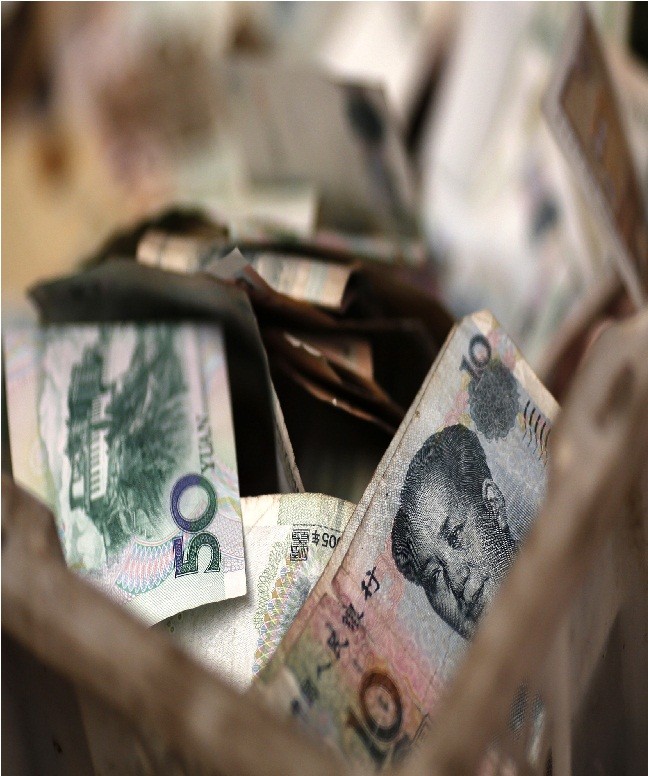The Chinese stock market continues to struggle after a recent eight percent fall which wiped out all of its 2015 gains. Chinese stocks started to plummet in less than an hour after trade opens on Aug. 24.
The recent decline in China's equities followed the 11 percent loss reported in last week's trading. According to Al Jazeera, China's economic decline has severely affected the Asian market and in the worst case scenario could prompt the next global recession.
China's Shanghai Composite Index reported a decline of 8.5 percent which closed at 3,209.91 points. These numbers represent the country's biggest loss since the 8.8 percent decline recorded on Feb. 27, 2007.
The Melbourne-based IG analysts Angus Nicholson told CNBC, "It is a key moment for China, with the equity market in free fall, the banking system increasingly starved of liquidity, rising capital outflows, and rapidly slowing economy."
Nicholson added that the seven percent growth target simply looks overly ambitious and the only sensible way for China to move up the economic ladder is to further devaluate its own currency.
Since the devaluation of the Chinese yuan, which started on Aug. 11, China has wiped off more than $5 trillion in global equities. This massive loss sparked a global economic fear that the world's second-largest economy is weaker that initially thought.
Following the devaluation of the Chinese yuan, all Asian currencies also weakened with the sole exception of the Japanese yen. This simply shows how much the Chinese economy impacts other markets in the Asian market.
The continued downfall of the Chinese economy also has severe impact in the international market. Following the recent decline of the Chinese stock market, the Dow Jones Industrial Average posted its worst single day trading session in four years.



























